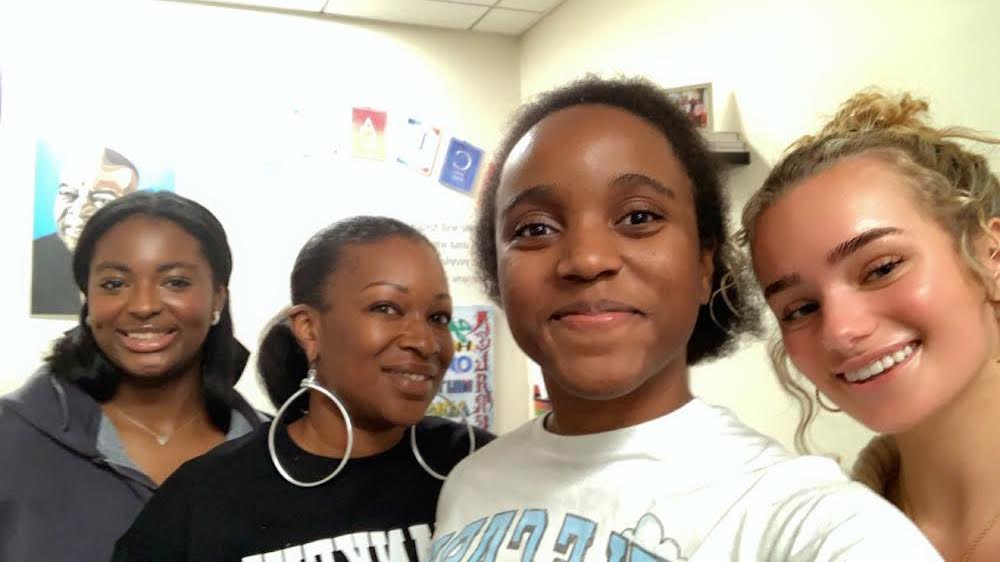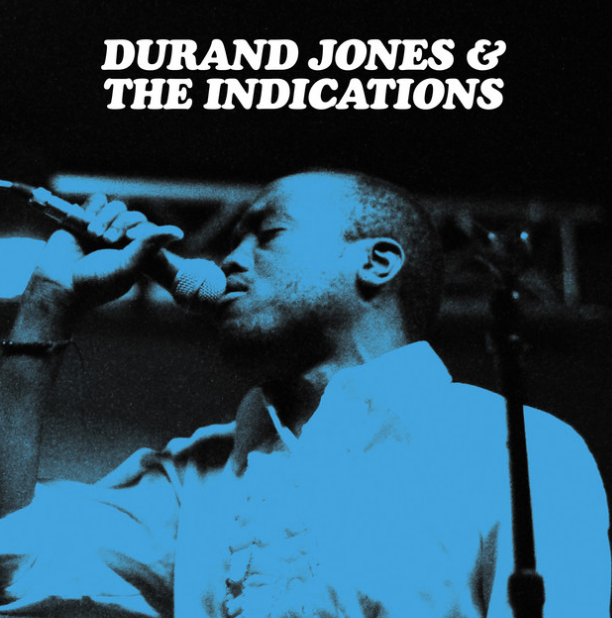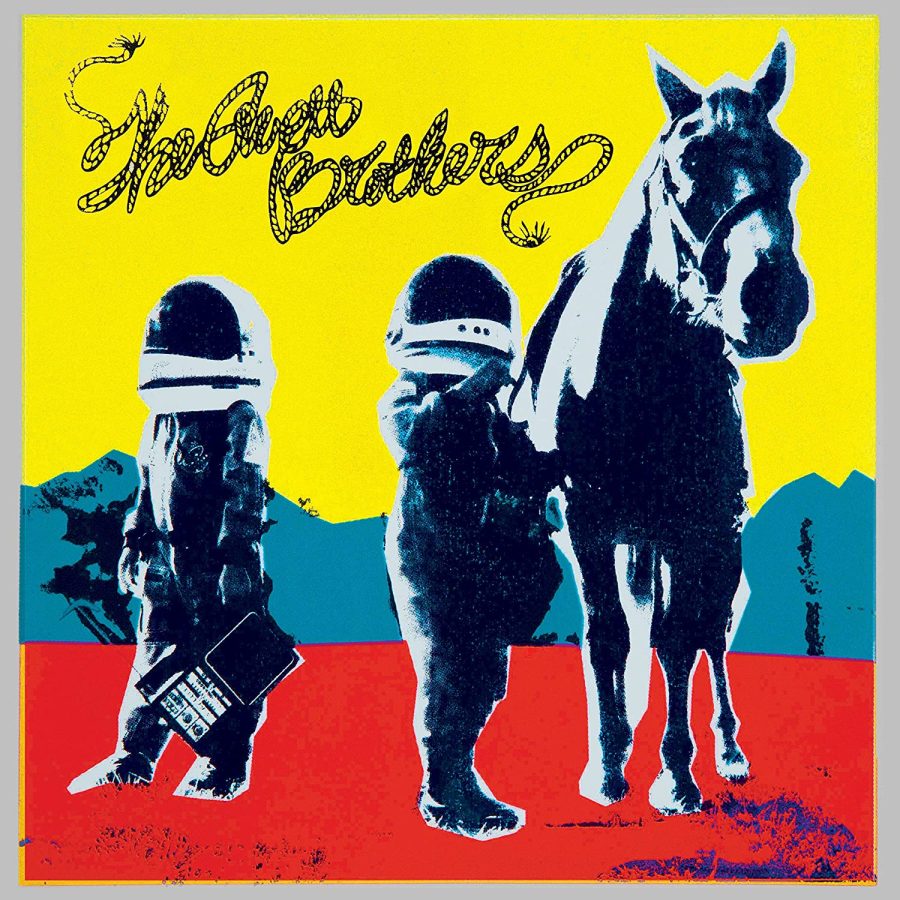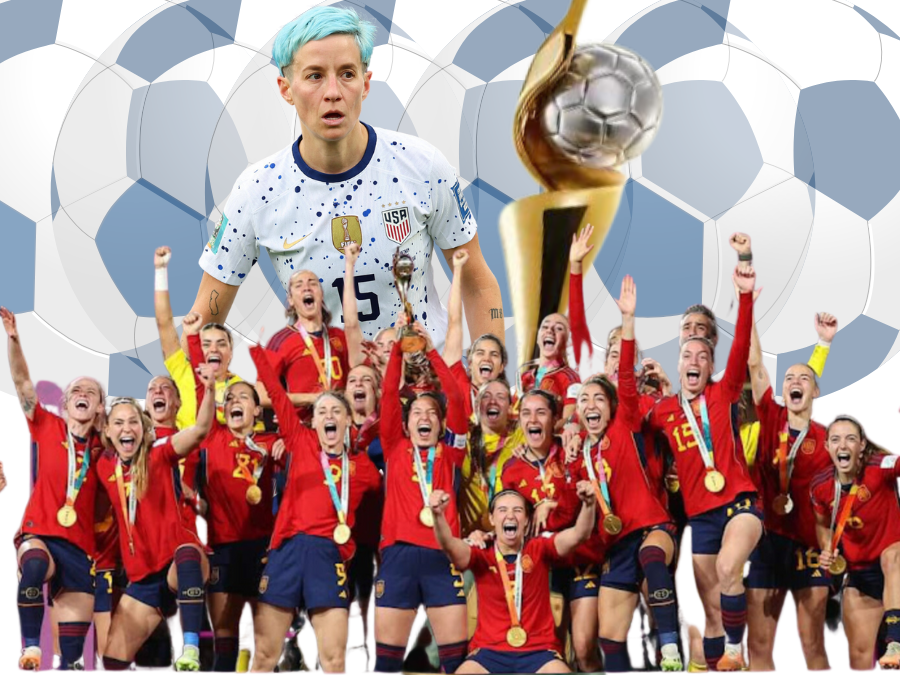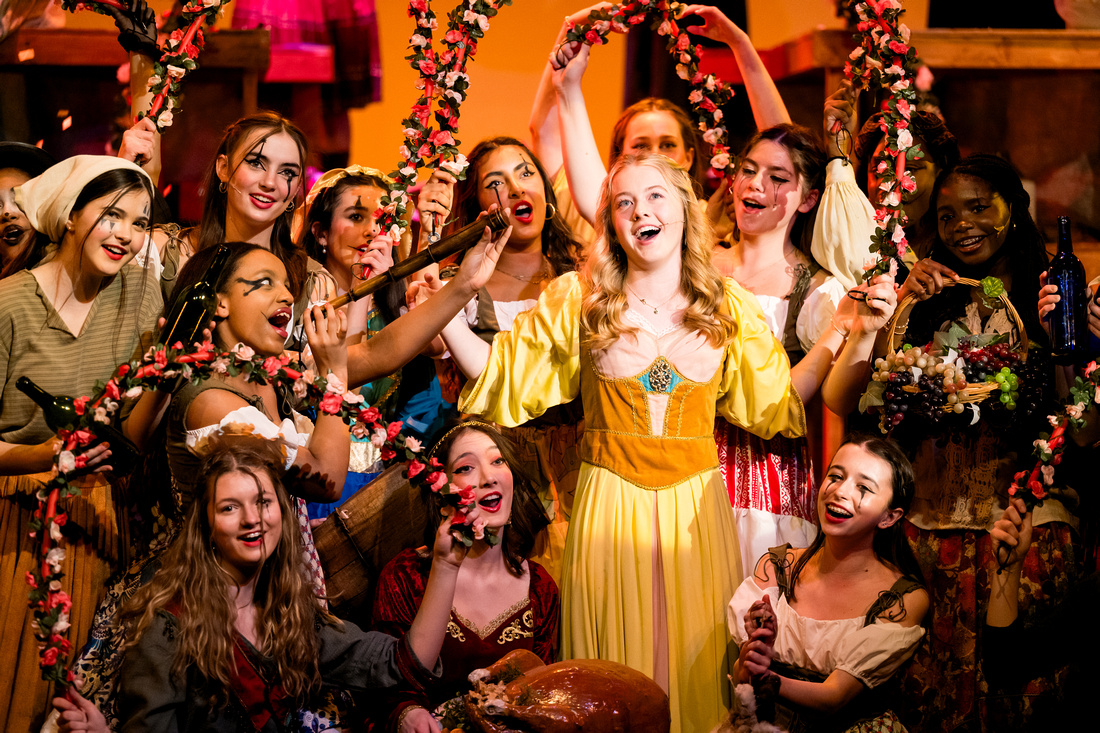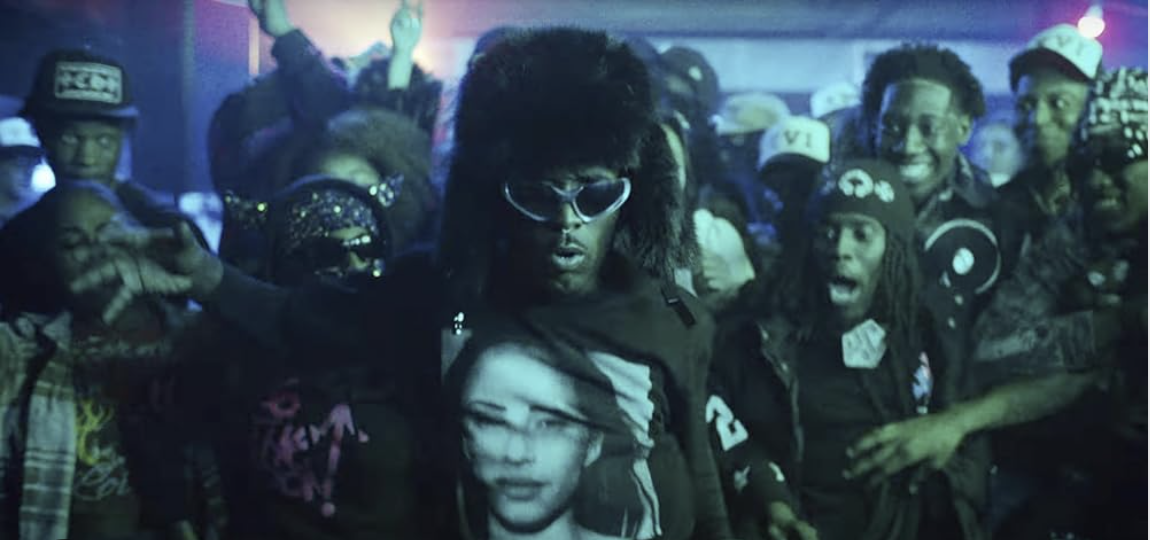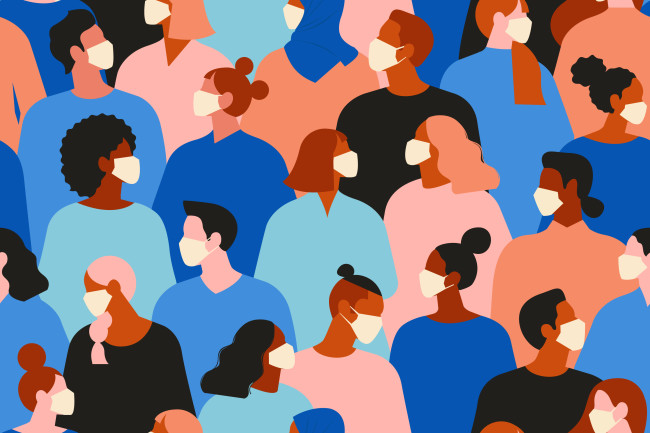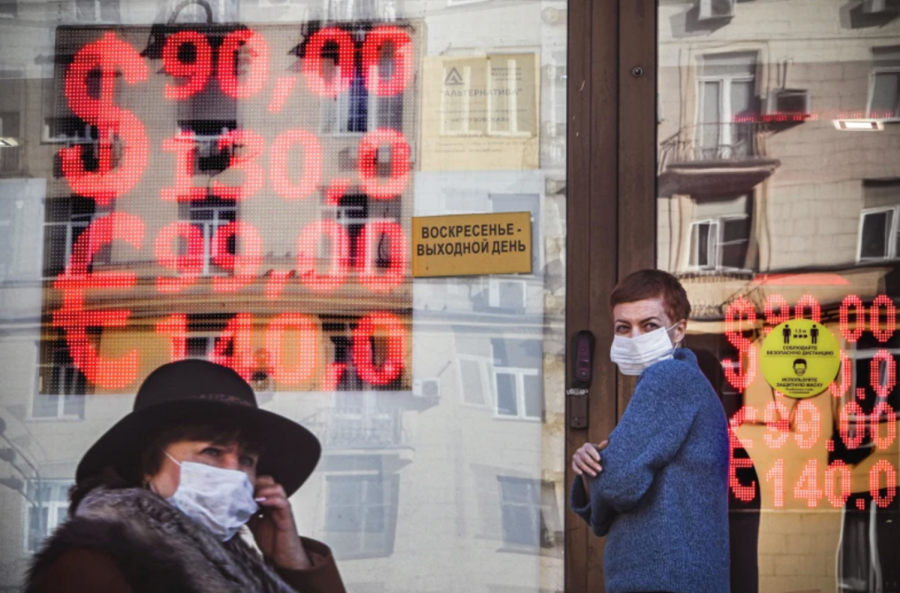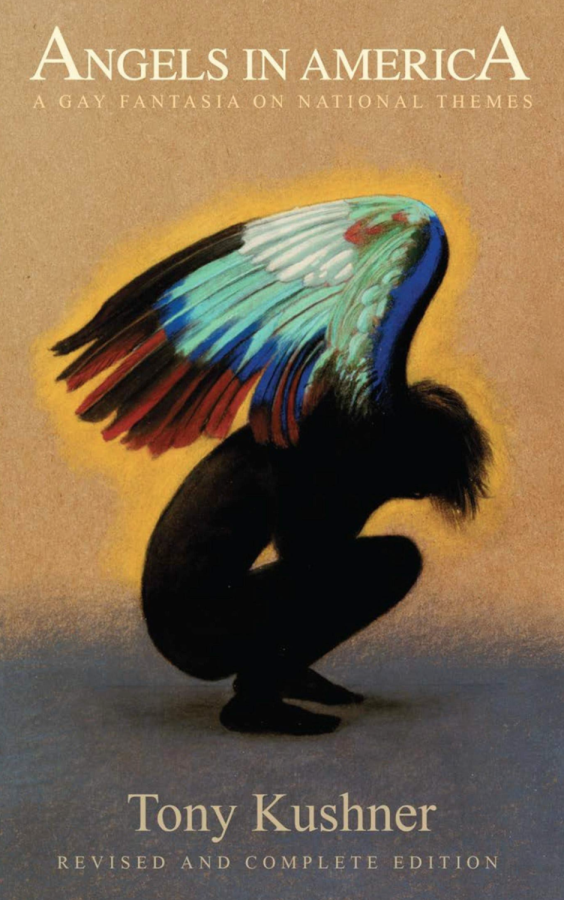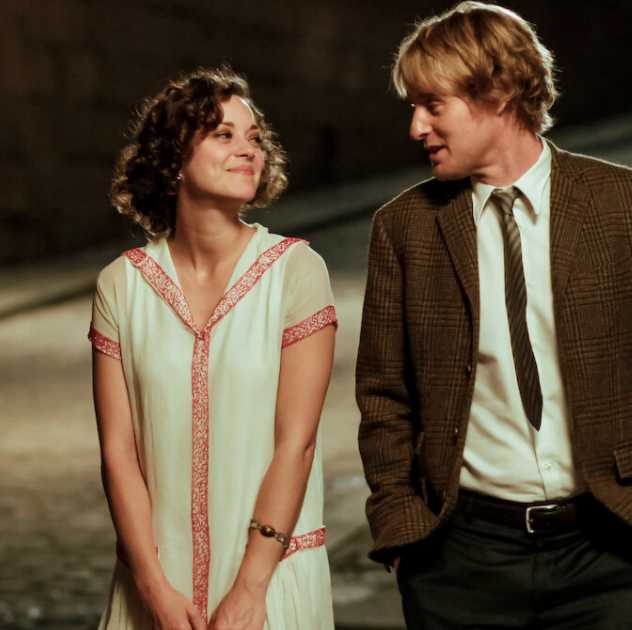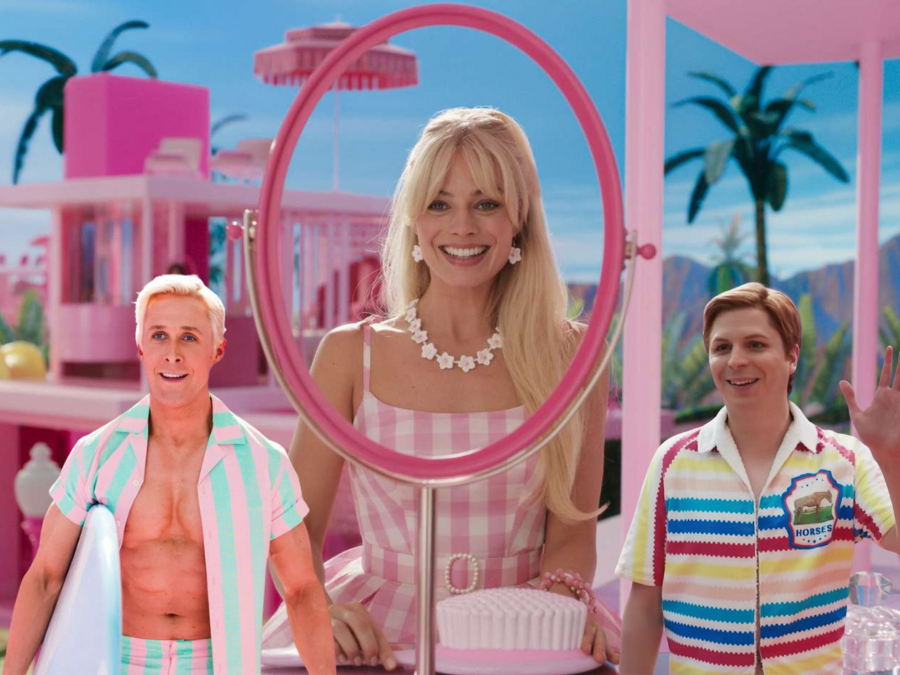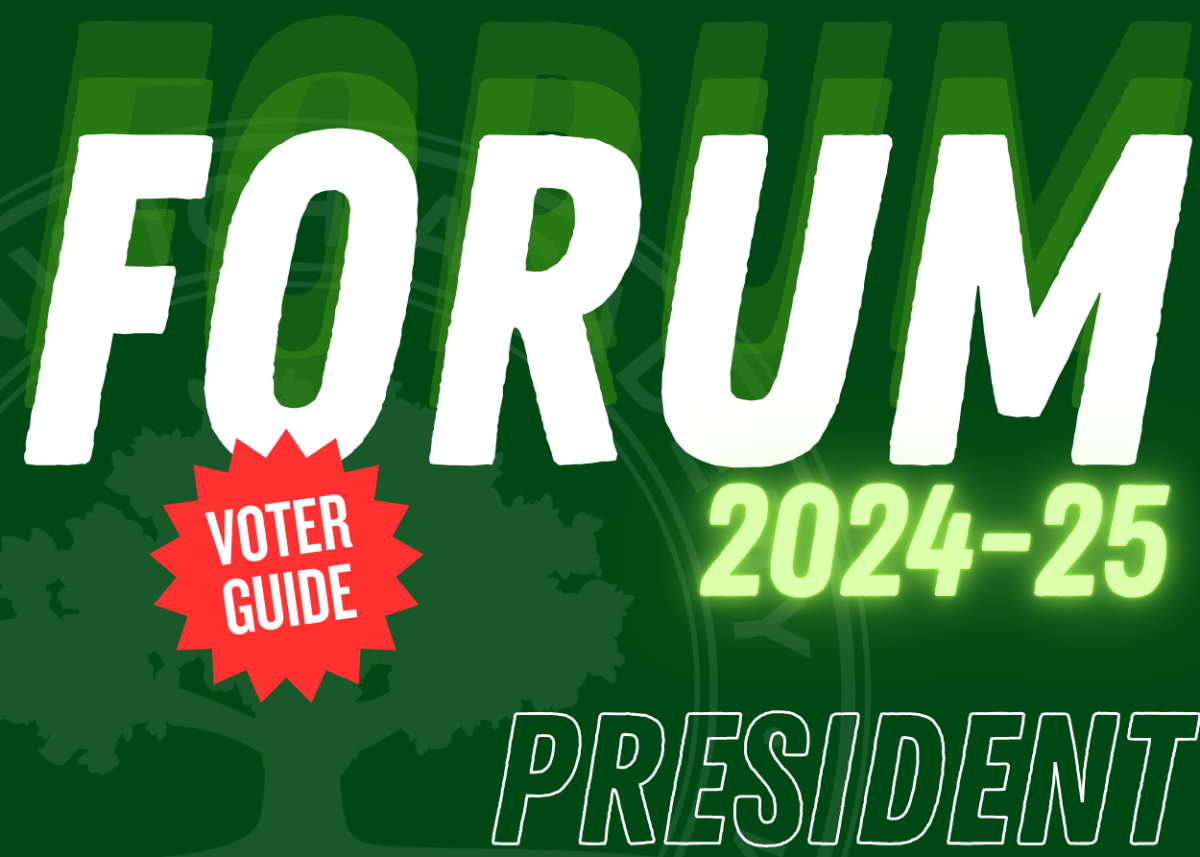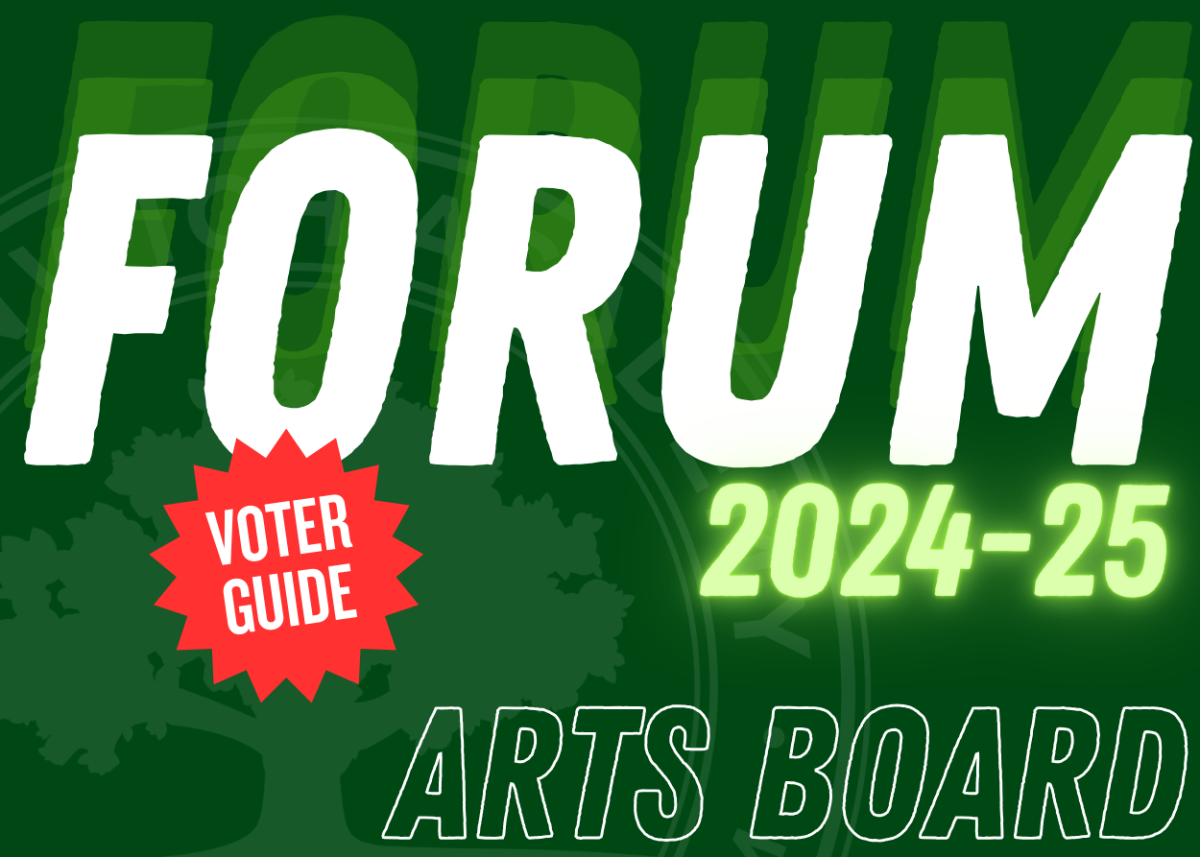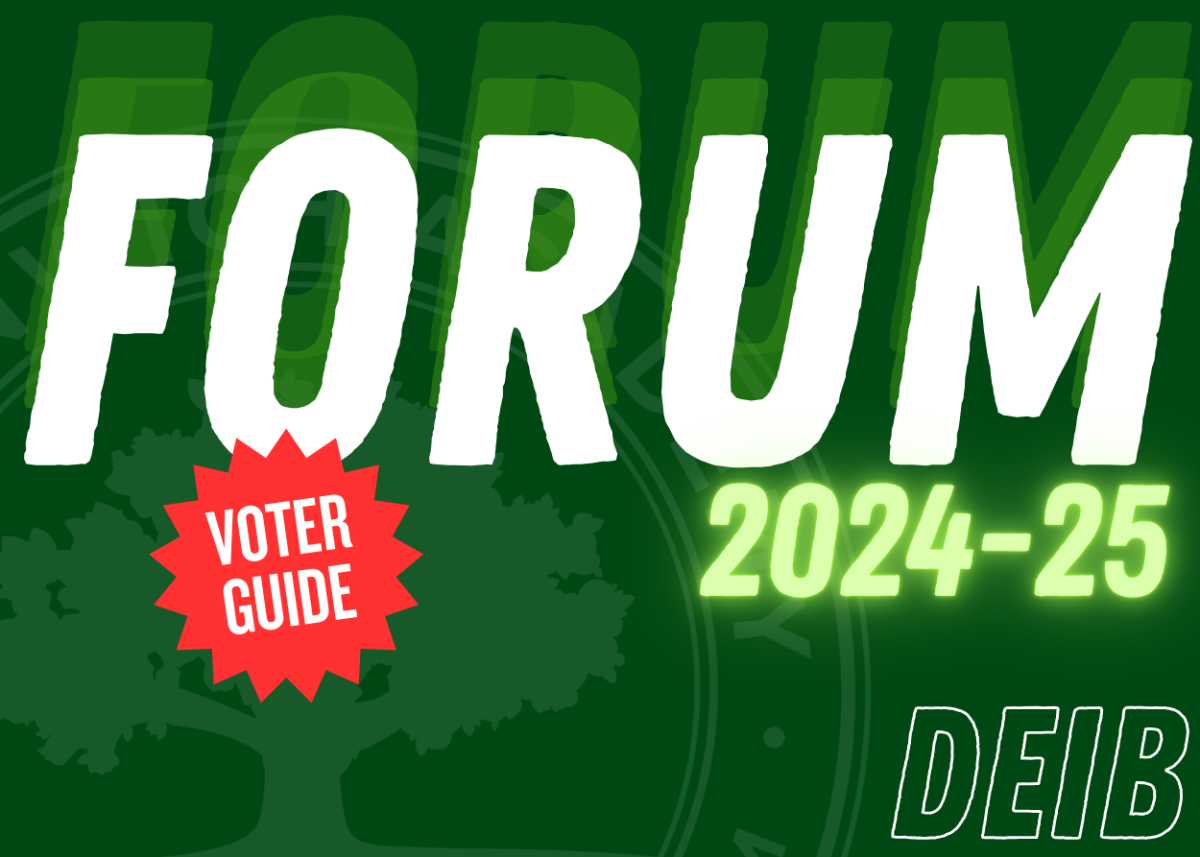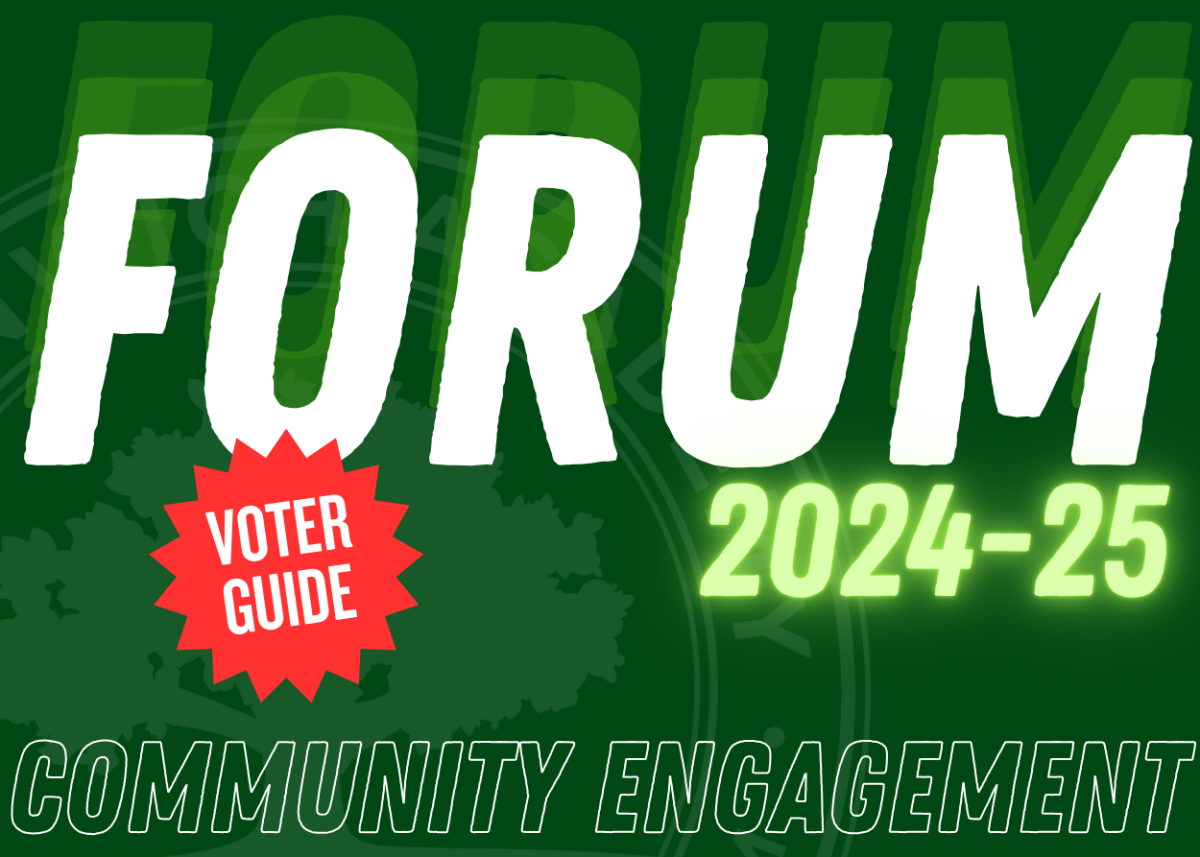This article contains spoilers.
The combined forces of Mattel, Greta Gerwig, and Margot Robbie shook the world in July 2023 with the release of Barbie. Contributing to its fame was its fraternal movie twin, Oppenheimer, though it’s safe to say Barbie has more than established itself in its own right, grossing $162 million in the domestic box office ($80 million more than Oppenheimer).
The movie’s synopsis: Barbie and Ken are having the time of their lives in the colorful and seemingly perfect world of Barbieland. However, when they get a chance to go to the real world, they soon discover the joys and perils of living among humans. Essentially, Barbie and Ken travel to the real world, learn about the patriarchy (which comes as a terrible shock to them, because Barbieland is almost the exact opposite), and return home. Ken instills a patriarchy in Barbieland, which the Barbies overthrow. The matriarchy is restored in Barbieland, with some promises of gender equality for the Kens. Barbie also embarks on her own journey of self discovery, realizing in the end that she doesn’t have a true purpose in Barbieland and would rather be a human in the real world.
It’s an undeniably fun film; I laughed at most of the jokes, and the actors all do a great job in their roles (Michael Cera as Alan is a fan favorite). Yet, as any media with even vaguely political messaging (and Barbie’s certainly isn’t vague), it faced a volley of reactionary criticism. Ben Shapiro, Internet-famous conservative political commentator, uploaded a 43-minute YouTube video “DESTROYING” the movie. Meanwhile, fans on TikTok are gushing over the movie’s message about womanhood. All in all, Barbie was both attacked and praised by opposing voices for its perceived radicalism or feminism, its exaggerations or accurate representations.
Though the movie has some illogical exaggerations (an all-female Supreme Court in Barbieland does not accurately reflect the almost perfectly gender-balanced SCOTUS), reactionaries’ claims that it promotes homosexuality and misandry are not accurate. Barbieland is an obviously dramatized version of the real world, theatricalized to bring attention and emphasis to current inequalities.
Barbie was not surprising, much less revelatory, to me. Its messaging about how hard it is to be a woman in the modern world isn’t unique; it wouldn’t be hard to find a myriad of TikToks by Gen-Zers making the same arguments (and with better humor). I wished it was more subtle; America Ferrera’s monologue about the expectations and challenges that women burden felt too direct. Far too much telling as opposed to showing.
This isn’t to say Barbie isn’t an excellent movie. I would give it four and a half stars. Sure, it doesn’t do enough to address consumerism, but the script was produced and reviewed by Mattel. It presents cookie-cutter socio-political arguments, but it would have been unrealistic to expect radical feminist ideology in a movie based on a fashion doll.
TLDR: Barbie’s political messaging is nothing special, but it is a wonderfully well-made and entertaining movie nonetheless. I personally plan on rewatching. See it with your friends before it’s out of theaters!
